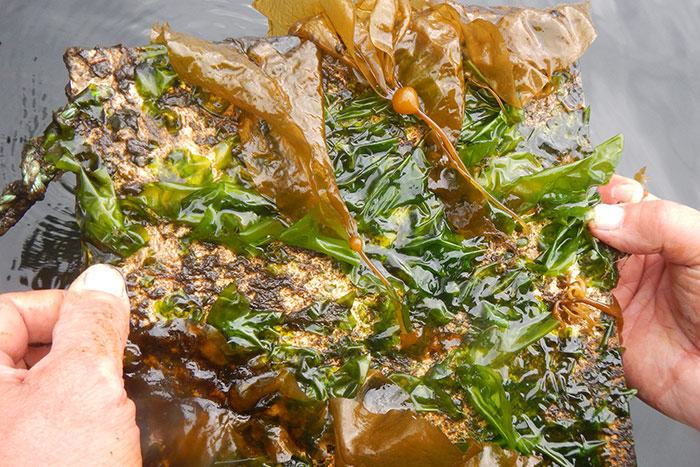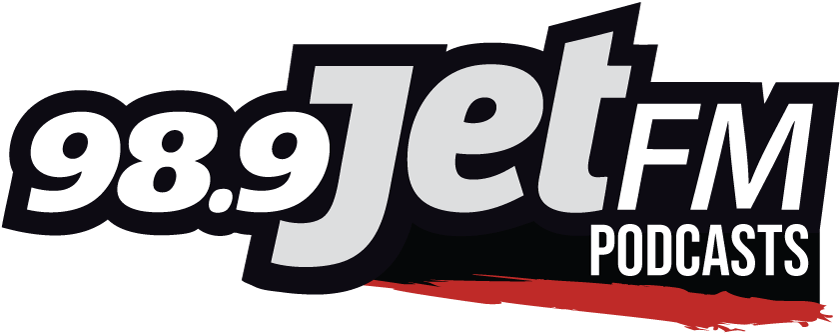North Island College is conducting wild kelp bed research.
It’s Centre for Applied Research, Technology and Innovation (CARTI) is partnering with the Kwiakah First Nation, the second smallest First Nation in the province.
The core of their traditional territory includes the Phillips and Frederick Arm region, about an hour’s boat ride north from downtown Campbell River.
Bull kelp (Nereocystis luetkeana) is seen on much of the steep, rocky shoreline throughout the territory.
The goal of the collaboration is to create a detailed map with measurements of the wild kelp beds, while also researching the role of kelp in carbon sequestration from the ocean.
“We’re very excited to work with Frank and Kwiakah on this project,” said CARTI lead researcher Allison Byrne. “We’re constantly learning more about the benefits and complexities of ecosystems supported by wild kelp. Taking inventories like this one help us monitor how those wild beds change over time.”
Band Management and Economic Development lead for the Kwiakah First Nation, Frank Voelker, approached NIC with concerns about the status of wild kelp beds in the territory and the impact of commercial harvest of wild ocean plants.
The Kwiakah also have a strong interest in the ecosystem services that kelp provides.
“Kelp and other ocean plants are crucial for a functioning marine ecosystem in Kwiakah’s territory,” said Voelker.
The project is being funded by Tides Canada and Coast Funds, with surveys set to begin sometime this summer.






